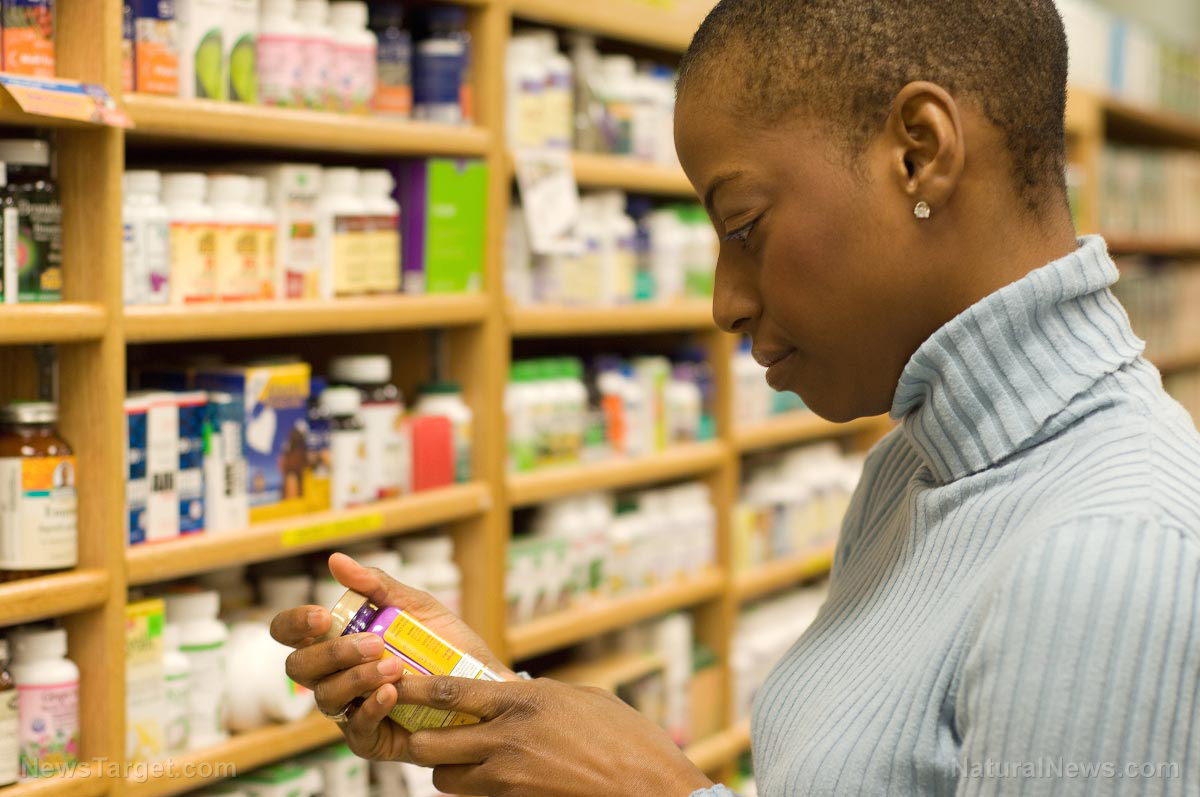
After all, if you have a home garden, you can harvest vegetables in your backyard.
Now's the time to start a home garden
Because of the pandemic, store shelves are often emptied out wherever you go. If you're lucky enough to find a store that's still selling food and supplies, you have a long wait ahead of you before you can check out with your groceries.
Jameson Altott, who lives outside Pittsburgh, isn't worried about running out of food. He grows more than half the food for his family in a large home garden.
Altott shared that his family is lucky since, despite the pandemic, they have a lot of preserved food. He added that they also have canned fruits and vegetables and jams and berries in the freezer. Altott's family also has some meat stored in the freezer, which should tide them over in the event of a food shortage.
Because of the coronavirus pandemic, more people are showing an interest in starting home gardens. Oregon State University's (OSU) Master Gardener program took notice of the growing interest.
To help citizens who want to grow their own food, the university kindly made their online vegetable gardening course free until the end of April. OSU's post on Facebook has been shared over 21,000 times.
Seed sales and food freedom
George Ball, the executive chairman of the Burpee Seed Company in Warminster, Pennsylvania, reported that the company is receiving more vegetable orders. He shared that these spikes in seed sales are often caused by bad times, such as the stock market crash of 1987 and the dotcom bubble burst of 2000.
As a young boy, Ball also remembers the two oil crises of the 1970s. However, the spike in vegetable demands due to coronavirus is “large and widespread” compared to the other threats that America faced in the past.
Gardening basics for beginners
Here are some tips that will help you get started on your vegetable garden:
Check your garden site
Take a stroll around your property and make quick sketches of possible planting areas. Take note of the areas that receive the most sunlight and which are shaded.
Get a simple soil test from your local garden center to determine if your garden soil is well-balanced in nutrients and pH. Since you're about to grow fruits, herbs or vegetables, you should have your soil tested for lead.
Some at-home kits can't accurately determine indicators of lead in the soil. Send soil samples to the Lead Safe America Foundation for a free lead test. If your soil has an unsafe level of lead, grow crops in raised beds or pots with new soil instead. (Related: How to start a simple garden that can feed a family of 2 to 4.)
Start small
If you're new to gardening, take baby steps. You'll make mistakes, but if you start small you won't waste too much of your resources in one go.
Plan your garden
Consider factors like soil quality and growing conditions before you buy seeds or seedling. Research on each plant's blooming season and sun and water requirements.
Get basic gardening tools
Don't spend too much on tools. Start with the basics:
- A pair of gardening gloves for protection against thorns.
- A shovel for preparing garden beds and digging holes for large plants and trees. You'll get more uses out of a shovel with a pointed tip than a flat spade.
- A trowel and weeding tool for digging holes for planting and pulling weeds out at the root.
- A long garden hose and a spray nozzle that can easily reach the main areas of your garden.
- A hand pruner for trimming branches and cutting back woody plants such as rosemary.
- A metal rake for spreading mulch and preparing beds for planting.
- A leaf rake made of flexible plastic or bamboo rake.
Combine seeds and started seedlings to keep your costs low
Starting your whole garden from seed is cheaper, but if you're a beginner this can be frustrating.
Choose started seedlings from a local nursery, then start some of your own from seed. You can start plants like beans, lettuce and radishes from seed.
Below are other crops that you can grow in your home garden:
- Basil
- Beets
- Berries
- Broccoli
- Cabbage
- Carrots
- Eggplants
- Peanuts
- Peas
- Potatoes
- Squash
- Sweet potatoes
- Tomatoes
As a prepper, a great way to ensure your survival when SHTF is to set up a survival stockpile. However, supplies tend to run out, so consider starting a home garden to keep yourself and your family fed amid the pandemic.
Sources include:
Please contact us for more information.























